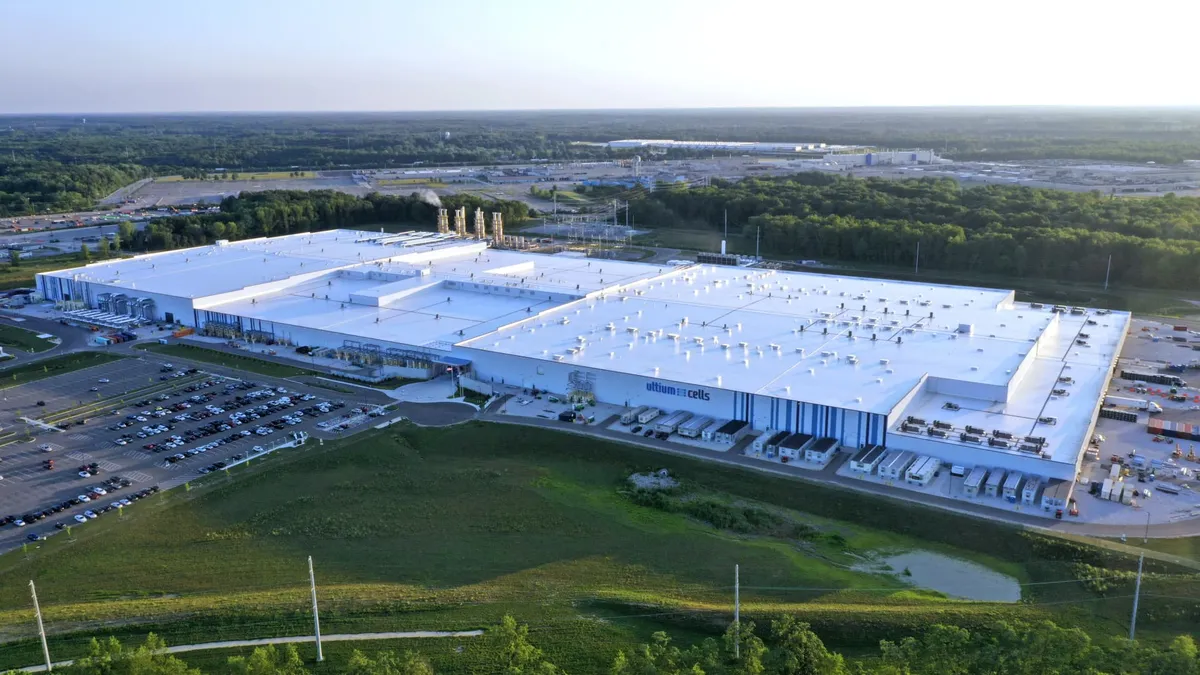
On Wednesday, General Motors (GM) confirmed a significant reduction in its workforce, laying off approximately 1,700 workers at its manufacturing facilities in Michigan and Ohio. This decision comes as the company navigates a noticeable slowdown in the electric vehicle (EV) market.
The layoffs include around 1,200 positions at the electric vehicle plant in Detroit and 550 cuts at the Ultium Cells battery cell plant in Ohio. Additionally, 850 temporary layoffs will occur at the Ohio site, with another 700 temporary layoffs planned for Ultium Cells' facility in Tennessee. In an official statement, GM indicated that these adjustments are part of a broader strategy to realign its EV capacity in response to a slower near-term adoption of electric vehicles and a shifting regulatory landscape.
Despite these workforce reductions, GM emphasized its commitment to maintaining a strong U.S. manufacturing footprint. The company believes that its ongoing investments and flexible operational strategies will enhance its resilience and ability to adapt to market changes. As part of this restructuring, GM plans to temporarily pause battery cell production at its Ohio and Tennessee facilities starting in January. This pause is expected to last until mid-2026, during which the company will upgrade its facilities to improve production efficiency.
The layoffs on Wednesday follow a previous announcement by GM regarding the reduction of over 200 salaried employees, primarily engineers, at its global tech campus in metro Detroit. This move was part of GM's ongoing restructuring efforts aimed at optimizing operations and reducing costs.
In September, federal incentives of up to $7,500 for purchasing electric vehicles were discontinued, prompting consumers to rush to take advantage of the benefits before their expiration. While many automakers, including GM, reported record sales for plug-in vehicles in the third quarter, the demand is anticipated to decline due to the removal of these incentives. GM had previously noted a more than doubling of EV sales in the third quarter compared to the previous year, a trend also observed by other manufacturers such as Ford and Hyundai.
Despite the challenges, GM remains optimistic about the future of electric vehicles. CFO Paul Jacobson stated during an interview on CNBC's Squawk Box that while the company acknowledges the need for structural changes to reduce production costs, it firmly believes in its competitive portfolio of electric vehicles. However, GM's recent third-quarter results revealed a $1.6 billion impact from its all-electric vehicle plans not materializing as expected, indicating a need for reassessment of its EV capacity and manufacturing processes.
As GM navigates these changes, the company’s commitment to innovation and adaptation in the evolving automotive landscape will be crucial for its future success in the electric vehicle market.